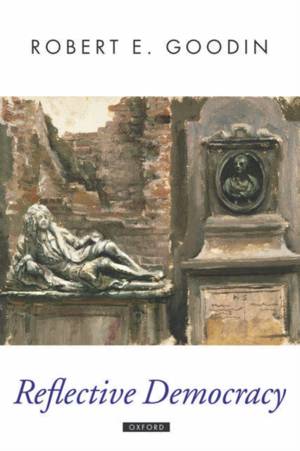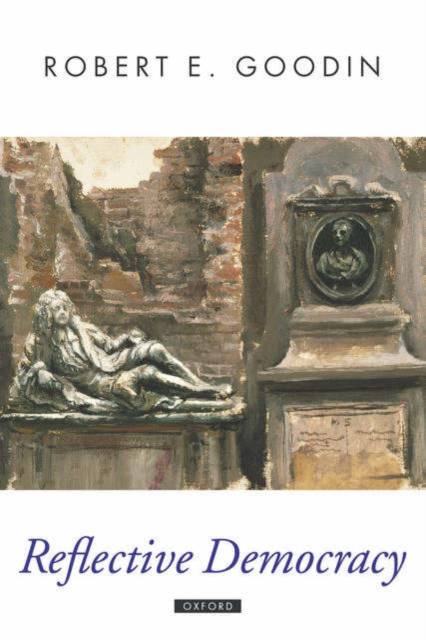
- Afhalen na 1 uur in een winkel met voorraad
- Gratis thuislevering in België vanaf € 30
- Ruim aanbod met 7 miljoen producten
- Afhalen na 1 uur in een winkel met voorraad
- Gratis thuislevering in België vanaf € 30
- Ruim aanbod met 7 miljoen producten
Zoeken
€ 116,45
+ 232 punten
Uitvoering
Omschrijving
Democracy used to be seen as a relatively mechanical matter of merely adding up everyone's votes in free and fair elections. That mechanistic model has many virtues, among them allowing democracy to 'track the truth', where purely factual issues are all that is at stake. Political disputes invariably mix facts with values, however, and then it is essential to listen to what people are saying rather than merely note how they are voting. The great challenge is how to implement that deliberative ideal among millions of people at once. In this strikingly original book, Goodin offers a solution: 'democratic deliberation within'. Building on models of ordinary conversational dynamics, he suggests that people simply imagine themselves in the position of various other people they have heard or read about and ask, 'What would they say about this proposal?' Informing the democratic imaginary then becomes the key to making deliberations more reflective - more empathetic, more considered, more expansive across time and distance.
Specificaties
Betrokkenen
- Auteur(s):
- Uitgeverij:
Inhoud
- Aantal bladzijden:
- 296
- Taal:
- Engels
- Reeks:
Eigenschappen
- Productcode (EAN):
- 9780199279746
- Verschijningsdatum:
- 28/04/2005
- Uitvoering:
- Paperback
- Formaat:
- Trade paperback (VS)
- Afmetingen:
- 158 mm x 234 mm
- Gewicht:
- 458 g

Alleen bij Standaard Boekhandel
+ 232 punten op je klantenkaart van Standaard Boekhandel
Beoordelingen
We publiceren alleen reviews die voldoen aan de voorwaarden voor reviews. Bekijk onze voorwaarden voor reviews.











